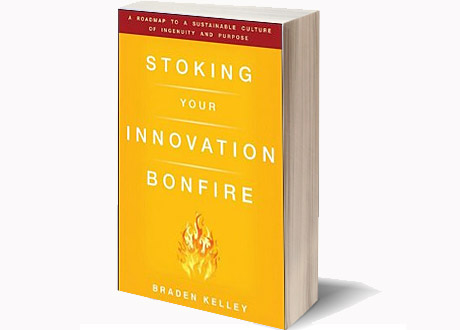PAUL HOBCRAFT
 Paul Hobcraft runs Agility Innovation Specialists; an advisory business that focuses on stimulating sound innovation practice. He helps build innovation capability and capacity for organisations, teams and individuals. Agility Innovation research topics that relate to innovation for the future, applying the learning to further develop organizations core innovation activity, offer appropriate advice on tools, techniques and frameworks.
Paul Hobcraft runs Agility Innovation Specialists; an advisory business that focuses on stimulating sound innovation practice. He helps build innovation capability and capacity for organisations, teams and individuals. Agility Innovation research topics that relate to innovation for the future, applying the learning to further develop organizations core innovation activity, offer appropriate advice on tools, techniques and frameworks.
Paul’s personal journey has been varied, challenging but fun. This has taken him to live and work in Saudi Arabia, Kenya, Malaysia, Switzerland, the Netherlands, USA, Australia, and recently eleven years in Singapore. Paul is based in Switzerland and presently focuses his time between Asia and Europe. Welcome to read more at: www.agilityinnovation.com








